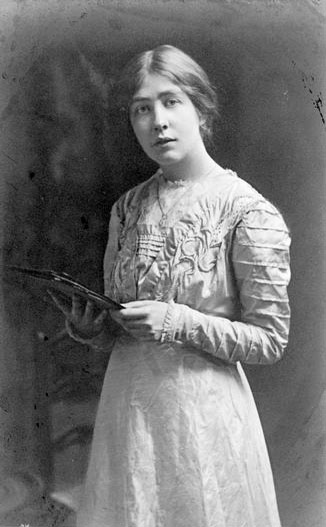 On Saturday 14th November I went to the Write Idea Festival, which has a focus on local heritage. I attended two talks: one by David Rosenberg and one by Sarah Glynn, both focusing on Eastend activism.
On Saturday 14th November I went to the Write Idea Festival, which has a focus on local heritage. I attended two talks: one by David Rosenberg and one by Sarah Glynn, both focusing on Eastend activism.
David Rosenberg talked about several women activists in his talk. This included Annie Besant, who was involved in a number of campaigns including the Matchstick Girls and Bloody Sunday. I found it particularly interesting that women led activism in East London, preceded well known male led campaigns, such as the Dockers’ Strike. They used many of the tactics the Matchstick Girls developed, such as rallying the wider community around their cause. Of course, this is a tactic still used today.
The East London Suffragettes, set up by Sylvia Pankhurst, were also featured in the talk. Rosenberg explained how the original Suffragette demands only asked for the vote on the same terms as men. This meant 40% of the population would still be without a vote. The East London Suffragettes however wanted universal suffrage, and were interested in wider equality. This has certainly been born out with our findings, which shows they went on the campaign around issues like childcare for women.
Sarah Glynn talked about the Bengali community in East London, specifically how the decline in socialism has lead to a rise in Islamism. She made a very interesting and compelling argument about how the Bengali community organising around faith, instead of class, has led to a division and weakening of working class activism. Sadly the talk spoke little about women, so how they fit into this argument is unclear.
A very interesting conference, and much to think about when drafting our final report
